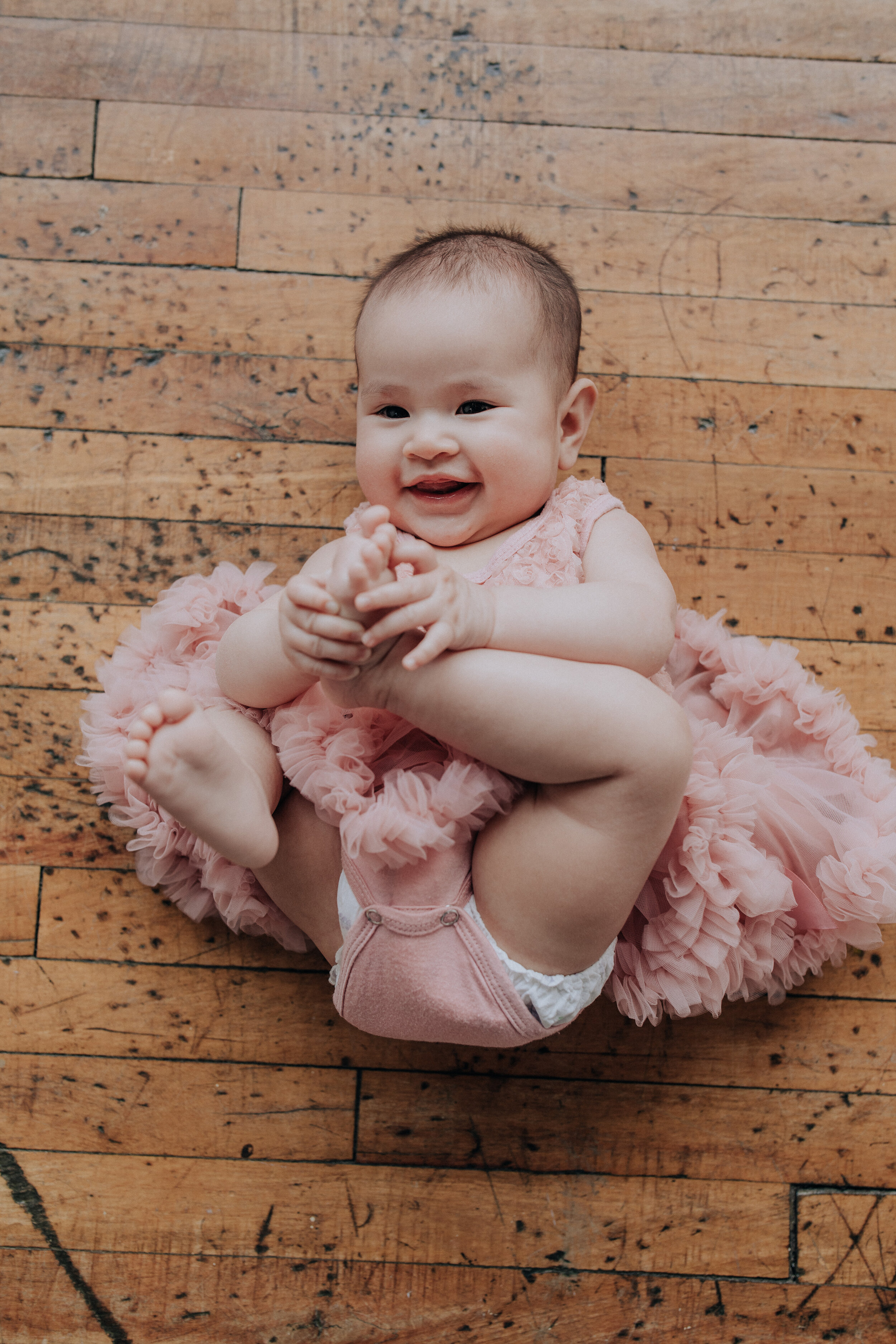Babies Typical Milestones updated!
Milestones are categorized into several areas of growth: social/emotional, gross and fine motor, language and cognitive. Not achieving these milestones does not necessarily imply that something is wrong with your baby! These are very generalized!
Here are a few taken directly from Sevan S. et al. (2021) Developmental milestones.
Six months: Stranger anxiety; Rolls over; begins to say consonants while babbling; brings things to mouth.
Nine months: Separation anxiety; 'stands' on hands and feet, sits without support, crawls, pincer grasp; understands “no,” points with a finger, says “mama” or “baba;” plays “peek-a-boo.”
Twelve months: Puts out arm or leg when dressed, cries when familiar people leave; stands well; responds to simple commands, makes gestures, puts things in a cup and removes them, bangs things together.
Eighteen months: Engages in pretend play, kisses/hugs familiar people, walks alone, walks up steps, eats with utensils, says several individual words, points to one body part, scribbles with crayon, marker, or pen.
Two years: Begins playing with other children, parallel play; stands on tiptoes, kicks a ball, throws a ball overhand; two to four-word sentences, points to things in a book, strangers can understand 50% of language; stacks four or more blocks, follows two-step instructions.
Three years: Dresses/undresses self, copies others, takes turns; walks up and downstairs with one foot per stair, runs easily; strangers can understand 75% of language; stacks six or more blocks, turns pages in a book, pushes buttons and turns knobs.
Four years: Likes to play with others, more imaginative play; hops on one foot, can stand on one foot for two seconds, cuts with scissors; can recite a poem or sing songs, understands basic grammar; identifies some colors and numbers, draws a person with two to four body parts.
Five years: Differentiates between real and pretend, wants to be like friends; can stand on one foot for 10 seconds, can somersault; easily understood by others, tells stories, uses future tense; counts to 10, draws a person with six body parts, prints some letters and numbers.[1]
It is also important to consider gestational age at birth. You must adjust chronological age to gestational age accordingly.
If you feel like your baby has motor developmental delays, please consult a qualified physiotherapist!
Have fun with your baby!
Physio Summum Brossard

